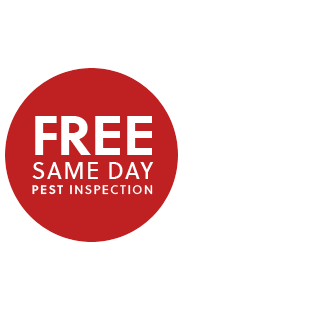Better-Targeted Pest Control
MIT researchers and collaborators from Northeastern University have discovered what could be a more sustainable way to protect crops and buildings from damage by termites and other pest insects, which is estimated to cost more than $30 billion per year. Their technique blocks part of the insects' immune defenses, making the pests more susceptible to deadly bacterial and fungal infections.
Professor Ram Sasisekharan and his colleagues found that proteins embedded in insect nests, known as gram-negative-bacteria-binding proteins (GNBPs), act as a first line of defense against pathogenic bacteria and fungi. When the proteins encounter such pathogens, they chop them up and expose the parts to the insects, priming their immune response.
Seeking to exploit this discovery for pest control, the researchers discovered that a sugar called GDL (glucono delta-lactone), a naturally occurring derivative of glucose, can disable the proteins, making the insects more vulnerable to infection.
Originally published at: http://zikkir.com/scitech/14196?wscr=1680x1050


